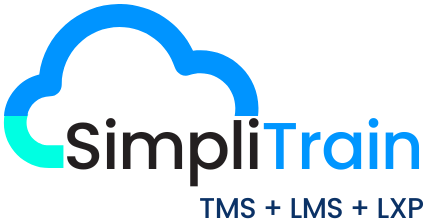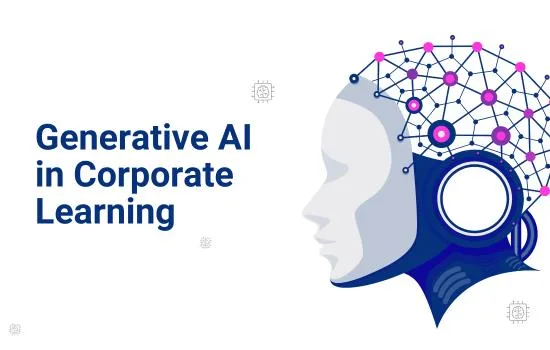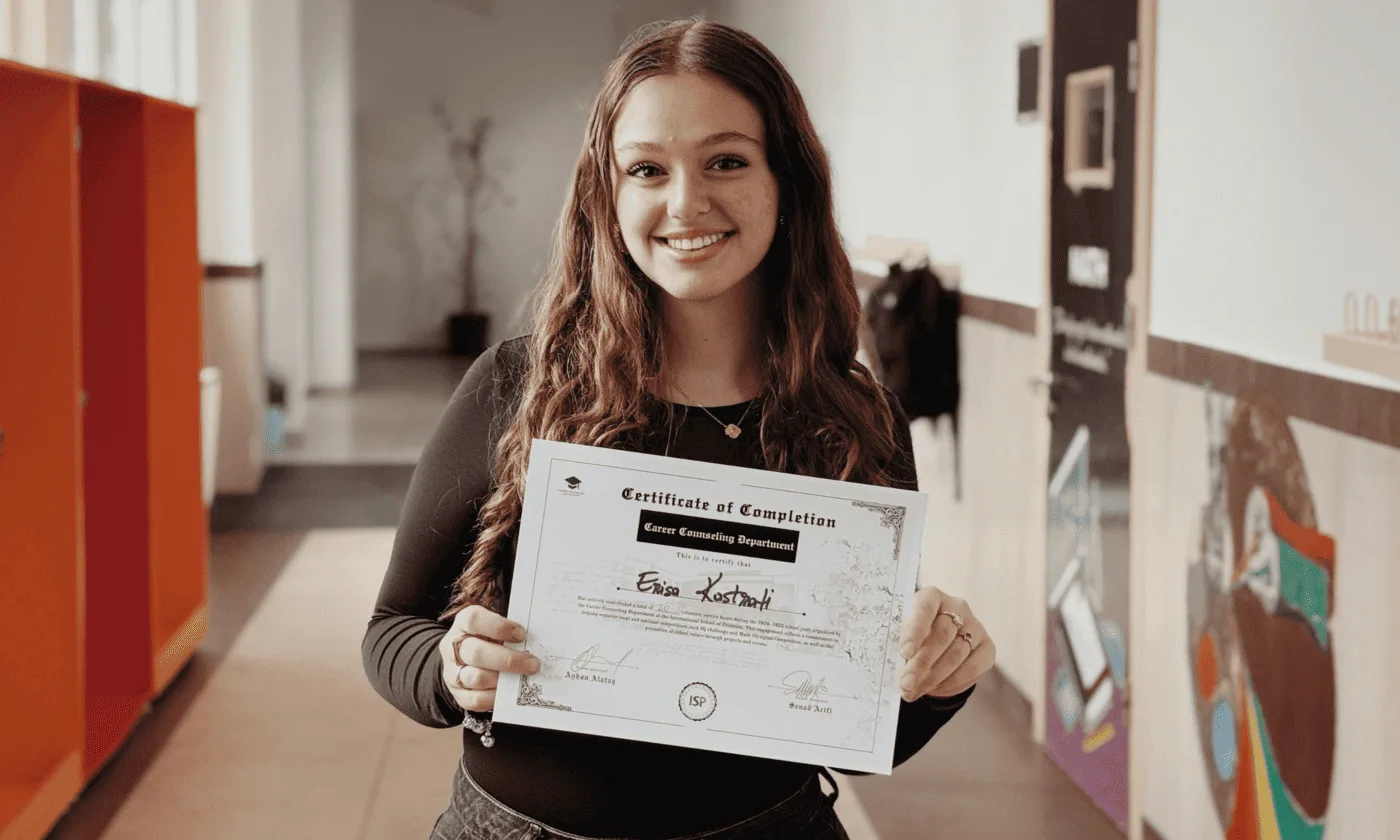Embracing the Future: Key Trends Transforming Hospitality Training
Discover how technology, personalization, and sustainability are reshaping training in the hospitality industry.
The hospitality industry is continually evolving, driven by advancements in technology, shifting guest expectations, and global trends. To stay competitive, organizations must adapt their training programs to meet these changing demands. The future of hospitality training lies in embracing innovation and focusing on personalized, inclusive, and sustainable practices.
In this article, we’ll explore the key trends shaping the future of hospitality training and how you can leverage these developments to enhance your workforce.
1. Embracing Technology and eLearning
Technology is revolutionizing training methods in the hospitality sector. elearning platforms offer flexible and accessible training options that cater to individual learning styles. Features like interactive modules, video tutorials, and mobile access enable employees to learn at their own pace, fitting training into their busy schedules.
Key Innovations:
- Virtual Reality (VR) and Augmented Reality (AR): These technologies provide immersive training experiences, allowing staff to practice skills in realistic environments without the risks of real-life scenarios.
“VR and AR are game-changers in hospitality training, offering hands-on experience without the overhead.”
— Jane Smith, Training Manager at Global Hotels
- Artificial Intelligence (AI): AI-driven analytics assess employee performance and offer personalized learning recommendations, helping identify areas for improvement and accelerating skill development.
2. Focusing on Soft Skills Development
As guest experience becomes increasingly crucial, the demand for strong soft skills—such as communication, empathy, and problem-solving—is higher than ever. Future training programs must prioritize developing these skills to ensure staff can effectively connect with guests and provide exceptional service.
Training Strategies:
- Role-Playing and Simulation: Engaging staff in realistic scenarios helps them practice soft skills, enhancing confidence and competence.
- Feedback and Coaching: Ongoing feedback supports interpersonal skill development, fostering a culture of continuous improvement.
“Our guests remember how we make them feel more than anything else.”
— John Doe, Hospitality Expert
3. Personalizing Learning Experiences
The future of hospitality training leans toward personalized learning paths. By utilizing data analytics, organizations can tailor training programs to meet individual employee needs and preferences. This customization enhances engagement and ensures staff receive relevant training directly applicable to their roles.
Implementation Ideas:
- Learning Management Systems (LMS): Implement an LMS that tracks employee progress and adapts content based on performance, creating a more tailored learning experience.
- Microlearning: Short, focused training modules address specific skill gaps, making learning more digestible and relevant.
4. Adopting Blended Learning Approaches
Blended learning, which combines traditional classroom training with online learning, is becoming increasingly popular. This approach harnesses the benefits of both methods, providing a comprehensive learning experience accommodating different learning styles.
Benefits of Blended Learning:
- Flexibility: Employees can complete online modules at their convenience while still benefiting from in-person interactions for hands-on training.
- Enhanced Collaboration: In-person sessions foster teamwork, allowing staff to learn from one another and apply new skills in real-time.
5. Prioritizing Cultural Competence and Diversity Training
Serving a diverse clientele requires training programs that prioritize cultural competence and inclusivity. Understanding different cultures and perspectives is essential for providing personalized and respectful service.
Training Focus:
- Diversity Workshops: Incorporate sessions that address cultural awareness, biases, and effective communication with diverse guests.
- Ongoing Education: Foster a culture of inclusivity through continuous training, keeping staff informed about the importance of diversity in hospitality.
“Embracing diversity enriches our team and enhances the guest experience.”
— Maria Gonzalez, Diversity Officer at Hospitality Co.
6. Emphasizing Sustainability and Responsible Practices
With growing awareness of environmental issues, training in sustainability is crucial for the future of hospitality. Educating staff on eco-friendly practices and responsible service can enhance your organization’s reputation and attract environmentally conscious guests.
Training Elements:
- Sustainable Practices Education: Integrate training on waste reduction, energy conservation, and sustainable sourcing into your curriculum.
- Community Engagement: Encourage staff participation in community outreach and sustainability initiatives, fostering a sense of responsibility and connection.
Conclusion
The future of hospitality training is bright, driven by technological advancements, a focus on soft skills, and an emphasis on personalization, inclusivity, and sustainability. By embracing these trends, hospitality organizations can equip their workforce with the skills and knowledge needed to thrive in an ever-evolving industry. Investing in comprehensive training programs not only enhances employee performance but also improves guest experiences, leading to greater success.
Are you ready to transform your hospitality training programs for the future? Explore our SimpliTrain LMS solutions designed to incorporate the latest trends in training and development. Together, we can shape a more skilled, adaptable, and guest-focused workforce!









